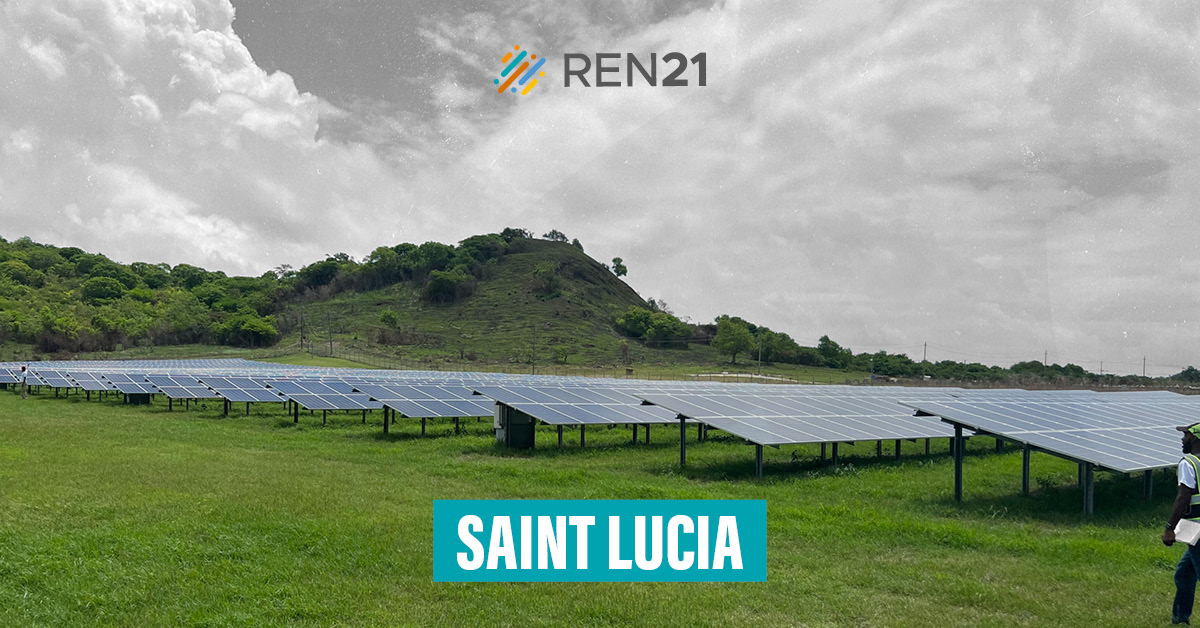In 2009, Katherine Lucey had a revelation. While working with a small family foundation, bringing solar power to schools and clinics in Uganda, she witnessed firsthand the transformative power access to electricity had for people. Entire communities were living in the dark. Homes lit by candles and kerosene, schools barely illuminated, and even clinics where women gave birth were without a single electric light. The problem was massive, but the solution was within reach.
Lucey launched Solar Sister, a social enterprise that supports local women in Nigeria, Tanzania, and Kenya in building businesses to distribute affordable, renewable energy products. What began as a straightforward energy access initiative has since evolved into a movement that has empowered over 11,600 women entrepreneurs, delivered clean energy to more than 5.8 million people, and strengthened climate resilience across Sub-Saharan Africa.
A Simple Solution with Far-Reaching Impact
At the heart of Solar Sister is a simple premise: women in energy-poor communities are the key to solving the energy access crisis. “Millions of people were living without electricity, and I thought—how can we solve this?” Lucey recalls. Around the same time, solar technology was becoming more compact and affordable. Instead of requiring large, costly panels and batteries, families could now invest in small but powerful solar lanterns, priced around $20. For households spending $4 per week on kerosene alone, the switch to solar wasn’t just cleaner and safer—it was economically smart.
But access wasn’t the only issue. “People who needed solar products the most didn’t even know they existed,” Lucey explains. That’s where Solar Sister’s model became revolutionary. By recruiting and training women entrepreneurs, the organization brought solar products directly into communities, overcoming supply chain hurdles and trust barriers.
“Our main customer base is also women, as they are the ones managing household energy,” Lucey says. “For them to invest in new technology, they need to believe in it and trust that it will be good for their families.”
The Power of Local Entrepreneurs
Solar Sister’s model works by identifying women in energy-poor areas and equipping them with training, products, and business skills. From there, the network grows organically—women sell to family, friends, and neighbors, offering first-hand testimonials about the impact of solar products.
“Because they are local, they can bridge the trust gap,” Lucey explains. “One woman telling her neighbor, ‘I use this solar lamp at home, and my baby doesn’t cough anymore from kerosene fumes’—that’s not just a marketing pitch. That’s real.”
For many women, however, financial constraints make even small investments challenging. Jennifer Oiji, a Senior Business Development Associate with Solar Sister in Nigeria, notes that most women start small, selling just a few lamps before expanding their inventory. Over time, their businesses grow to include phone-charging lights, power banks, home solar systems, and even clean cookstoves.
This additional income is transformative. “We see the difference in household poverty levels. We see more children—especially girls—going to school,” Lucey says. “Women can scale their businesses up or down based on their needs.”
More Than Just Light
Solar Sister’s impact extends far beyond financial benefits. Women who once had little economic agency now play key roles in their families and communities. “When I start working with the women, they are shy, they look down,” says Victoria Mfinanga, who manages Solar Sister’s northeastern Tanzania operations. “But once they start their business, they become confident. Their lifestyle changes. Sometimes, they even start another business, like raising chickens or selling vegetables.”
Beyond individual empowerment, the ripple effects are profound. Families experience reduced financial stress, which, in turn, alleviates some of the triggers for domestic violence. Women gain decision-making power in their households, shifting long-standing gender dynamics.
And the environmental impact? Massive. So far, Solar Sister has distributed more than 1 million clean energy products and mitigated 2.1 million metric tonnes of CO2 emissions. Since 2009, Solar Sister has saved end-users in last-mile communities 221 million by replacing harmful and costly energy sources such as kerosene and batteries for lighting and phone charging.
Scaling Up a Renewable Revolution
Today, Solar Sister is not just lighting homes—it’s lighting a path forward for sustainable development. With energy demand rising globally and urbanization accelerating, decentralized, community-driven models like this offer a blueprint for the future. “This isn’t just about selling solar lamps,” Lucey says. “It’s about empowering women. It’s about creating resilience. And it’s about showing that clean energy is not only possible—it’s already changing lives.”










